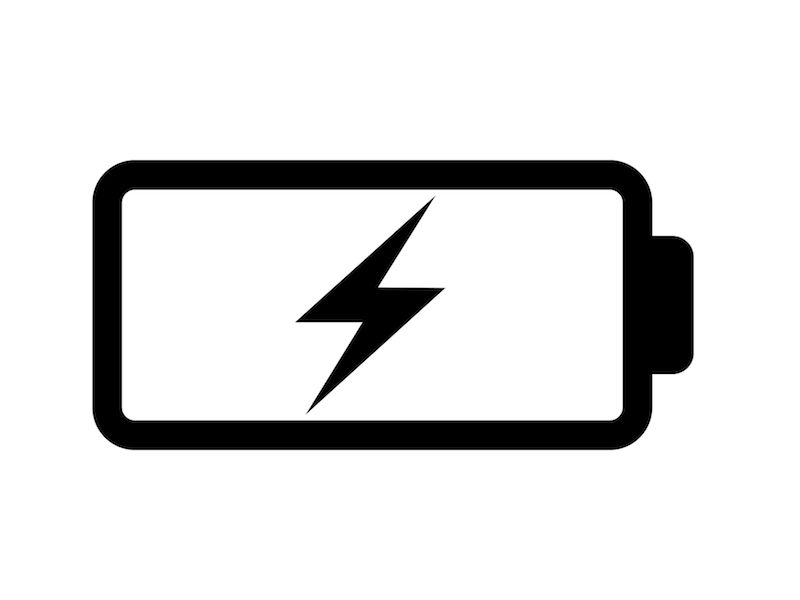
Stressing about running low on batteries is something you shouldn’t have to do with rechargeable hearing aids, but when you rely on this technology, it may make you a little concerned. Do rechargeable hearing aids work as well as advertised or do they even work at all?
Those questions are reasonable, as is the accompanying anxiousness. A hearing aid is often a vital element of one’s everyday life, as necessary for a quick trip to the grocery store as they are for the enjoyment of a television show or movie. When a piece of technology affects so many areas of your life, it’s crucial that it functions correctly and dependably.
What Type of Battery do I Have?
Most modern-day hearing aids have rechargeable batteries by default, so if you got your hearing aids recently it’s likely that your hearing aids will have one of two battery types. Silver-zinc batteries, which can usually be identified by a battery door on the device, are rechargeable, but the batteries may need to be replaced every so often. A Lithium-ion battery, however, will not have a battery door because the batteries will last as long as the hearing aid does.
Rechargeable Hearing Aids Need Special Care
For the most part, rechargeable hearing aids do work, and they work well. The dependability of these devices has increased considerably in the last few years, as battery technologies have advanced. In order to improve dependability, however, there are some maintenance steps users can take as they would with any other electronic technology.
- The Charging Station is Where Your Hearing Aids Should be Stored: If you consistently store your rechargeable hearing aids on their recharging station you can increase the life of your battery. Charging a battery that is not fully drained does not diminish the long term life of your battery. Actually, you can actually improve the battery life by making sure your hearing aids are charging when not in use. For lots of people, setting their charging station beside their bed is a convenient reminder to charge the devices when not in use.
- Keep Your Hearing Aids Clean and Dry: No matter how often you use or do not use your hearing aids, they have abundant opportunity to gather dust, debris, and moisture. Your hearing aid might not completely charge if it is exposed to any of these three things. That’s why it’s important to keep your hearing aids clean and dry particularly when connecting your hearing aid to its charging station.
- Be Careful of Wires: Either the charging station or the hearing aid itself will contain some kind of wire element on most hearing aids. Most hearing aid users are counseled to be careful of these wires; the connection that enables the device to charge can be broken if you pull on or hold it by the wires.
How to Replace a Rechargeable Battery
If you have lithium-ion batteries, they will probably last as long as your device does. So changing those batteries shouldn’t be something you ever have to be concerned about. Your hearing aids can then be simply charged as long as necessary.
However, you will want to occasionally replace the batteries if you have a hearing aid that utilizes silver-zinc batteries. The lifespan of your battery can be increased by replacing them in the correct way. As a result, the majority of people who use these hearing aids are counseled to:
- Make certain you have a dry, room temperature spot to store your batteries.
- Five minutes before removing any tabs that might be attached let the batteries sit at room temperature.
- Before changing batteries, don’t forget to wash your hands.
- Until you’re ready to use the batteries, don’t remove the plastic tabs or packaging.
- Ensure that your battery compartment is free of moisture and clean.
Long Periods of Non-Use
If you are planning not to use your hearing aids for long periods of time, leaving them on the charger may no longer be the best way to store your devices. If, for instance, you know that you will not be using your hearing aids for a few weeks or months, you can just unplug the charger and store your hearing aids in a cool and dry place.
Consider leaving the battery door open so you can prevent moisture from corroding the batteries if you use silver-zinc batteries.
Rechargeable for Everyday Use
All your general needs should be satisfied if you charge your hearing aids once a day. To get 24 hours worth of battery life with a lithium-ion battery will usually only require 3-4 hours per day.
Do rechargeable hearing aids work? They don’t just work, they are becoming more common all the time. To see all the different models, schedule an appointment with your local hearing aid retailer.
